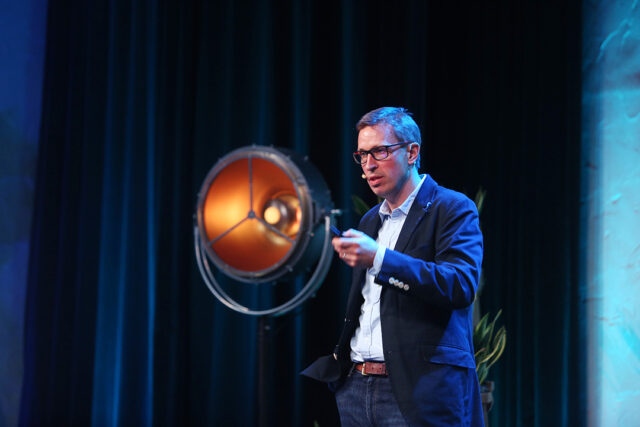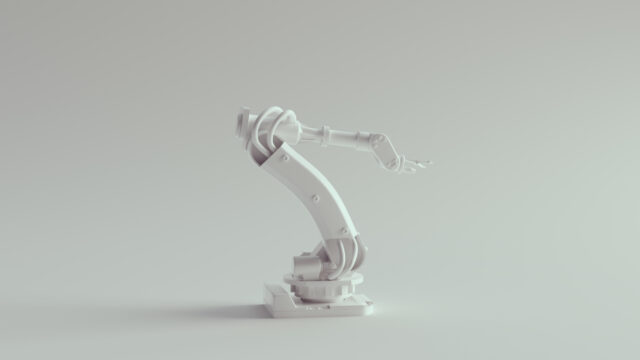The arrival of artificial intelligence (and more specifically generative AI) has had a transformative effect on the business landscape. Increasingly, the landscape is defined by skills shortages and rising inflation. In this challenging environment, AI promises to drive efficiency, automate routine tasks, and enhance decision-making.
A new survey of IT leaders found that 57% of organisations have “concrete plans” in place to adopt AI in a meaningful way in the near future. Around 25% of these organisations were already implementing AI solutions throughout their organisations. The remaining remaining 32% plan to do so within the next two years.
However, the advent of AI (not to mention increasing digitisation in general) also raises new concerns for cybersecurity teams.
“The adoption of AI technology across industries is both exciting and concerning from a cybersecurity perspective. AI undeniably has the potential to revolutionise business operations and drive efficiency. However, it also introduces new attack vectors and risks that organisations must be prepared to address,” Carlos Salas, a cybersecurity expert at NordLayer, commented after the release of the report.
Cybersecurity investment and new threats
IT budgets in general are going to rise in 2024. For around half of all businesses (48%), “increased security concerns” are a primary driver of this increased spend.
“As AI adoption accelerates, allocating adequate resources for cybersecurity will be crucial to safeguarding these cutting-edge technologies and the sensitive data they process,” says Salas.
A similar report conducted earlier this year by cybersecurity firm Kaspersky reaffirms Salas’ opinion. The report argues that it’s pivotal that enterprises investing heavily into AI (as well as IoT) also invest in the “right calibre of cybersecurity solutions”.
Similarly, Kaspersky also found that more than 50% of companies have implemented AI and IoT in their infrastructures. Additionally, around a third are planning to adopt these interconnected technologies within two years. The growing ubiquity of AI and IoT renders businesses investing heavily in the technologies “vulnerable to new vectors of cyberattacks.” Just 16-17% of organisations think AI and IoT are ‘very difficult’ or ‘extremely difficult’ to protect. Simultaneously, only 8% of the AI users and 12% of the IoT owners believe their companies are fully protected.
“Interconnected technologies bring immense business opportunities but they also usher in a new era of vulnerability to serious cyberthreats,” Ivan Vassunov, VP of corporate products at Kaspersky, commented. “With an increasing amount of data being collected and transmitted, cybersecurity measures must be strengthened. Enterprises must protect critical assets, build customer confidence amid the expanding interconnected landscape, and ensure there are adequate resources allocated to cybersecurity so they can use the new solutions to combat the incoming challenges of interconnected tech.”
- Cybersecurity
- Data & AI











